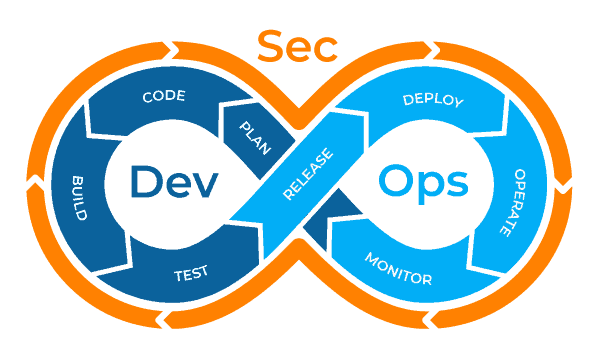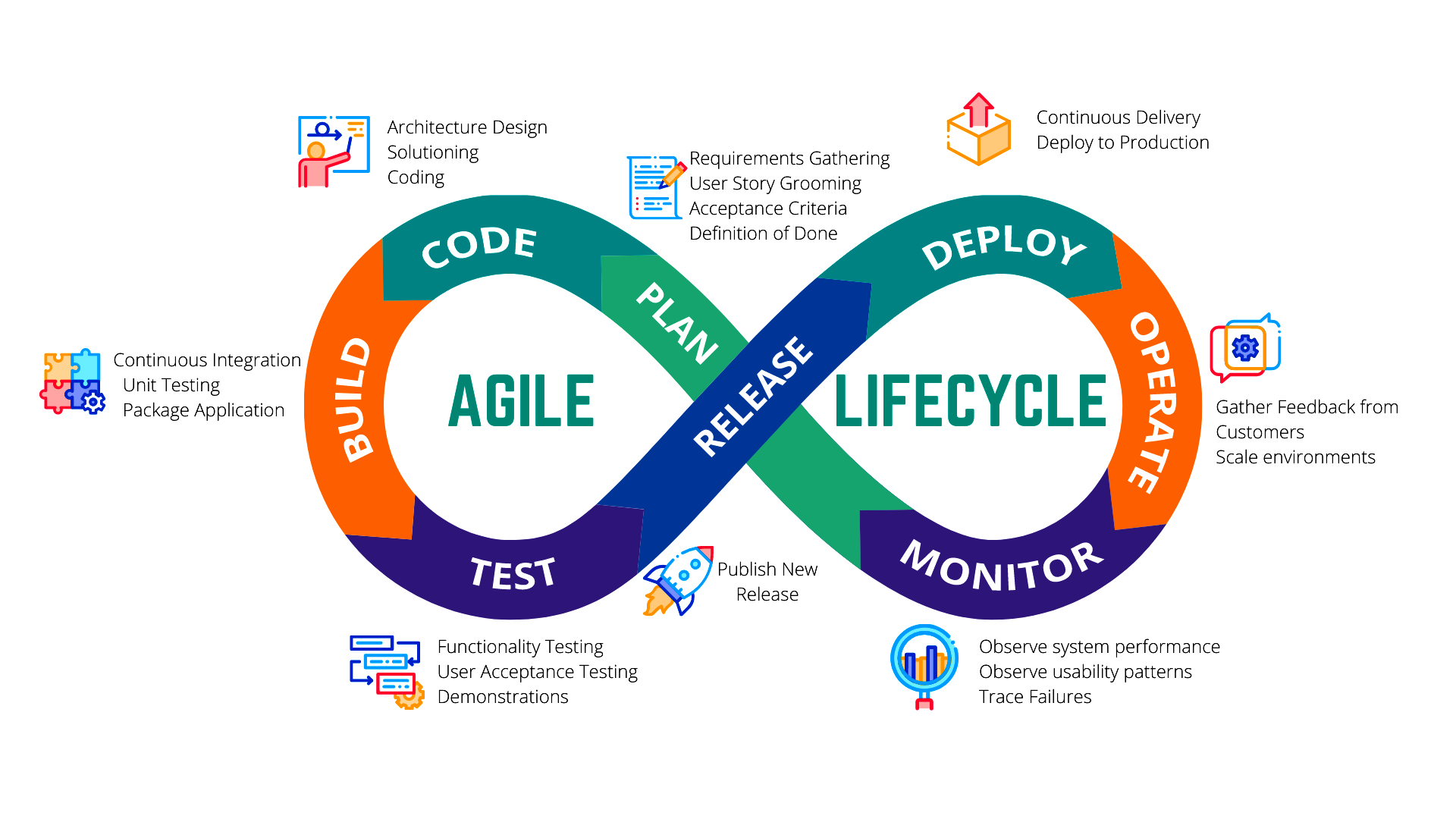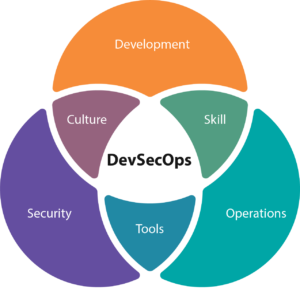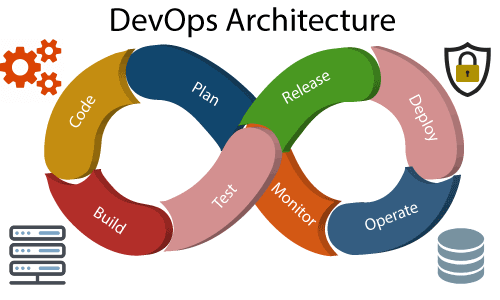What is DevOps?
DevOps is a methodology and set of practices that brings together software development and IT operations teams to collaborate more effectively and efficiently. The goal of DevOps is to create a culture of collaboration, communication, and continuous improvement that enables organizations to deliver software quickly, reliably, and at scale.
Traditionally, software development and IT operations have been separate functions within organizations, with different goals, priorities, and workflows. Developers focus on building and testing software, while operations teams are responsible for deploying and maintaining it in production environments. This separation can lead to silos, communication barriers, and delays in software delivery.
DevOps seeks to break down these silos and foster collaboration between development and operations teams. By working together, developers and operations professionals can ensure that software is designed with operational requirements in mind, and that operational issues are addressed early in the development process. This helps to reduce the risk of software failures, improve the quality of software, and accelerate the delivery of new features and functionality.


Principles of DevOps
DevOps is based on a number of core principles, including:
- Collaboration: DevOps emphasizes the importance of collaboration between developers and operations teams. By working together, they can identify and address issues more quickly, and ensure that software is designed and deployed in a way that meets operational requirements.
- Automation: DevOps relies heavily on automation to streamline processes and reduce the risk of errors. Automation can be used to automate the building, testing, and deployment of software, as well as the monitoring and management of production environments.
- Continuous Integration and Continuous Delivery: DevOps promotes the use of continuous integration and continuous delivery (CI/CD) practices to accelerate the delivery of software. CI/CD involves automating the building, testing, and deployment of software, so that changes can be delivered to production quickly and reliably.
- Monitoring and Feedback: DevOps emphasizes the importance of monitoring and feedback to ensure that software is performing as expected. By monitoring the performance of software in production environments, developers and operations teams can identify and address issues quickly, and use feedback to improve the quality of software.
To implement DevOps successfully, organizations must make a number of changes to their culture, processes, and tools. They must create a culture of collaboration and continuous improvement, and break down silos between development and operations teams. They must also implement a range of tools and technologies to support DevOps practices, including automation tools, monitoring and management tools, and tools for continuous integration and continuous delivery.

Benefits of DevOps
Some of the benefits of DevOps include:
- Faster Time-to-Market: DevOps allows organizations to deliver software more quickly, which can give them a competitive advantage in the marketplace.
- Improved Quality: By working together and using automation and monitoring tools, developers and operations teams can improve the quality of software and reduce the risk of software failures.
- Increased Efficiency: DevOps allows organizations to streamline their software development and deployment processes, which can reduce costs and improve efficiency.
- Better Collaboration: DevOps fosters collaboration and communication between development and operations teams, which can lead to better outcomes and a more positive work environment.
Methodology
DevOps is a methodology and set of practices that brings together software development and IT operations teams to collaborate more effectively and efficiently. DevOps is based on principles of collaboration, automation, continuous integration and continuous delivery, and monitoring and feedback. To implement DevOps successfully, organizations must make changes to their culture, processes, and tools. The benefits of DevOps include faster time-to-market, improved quality, increased efficiency, and better collaboration.

